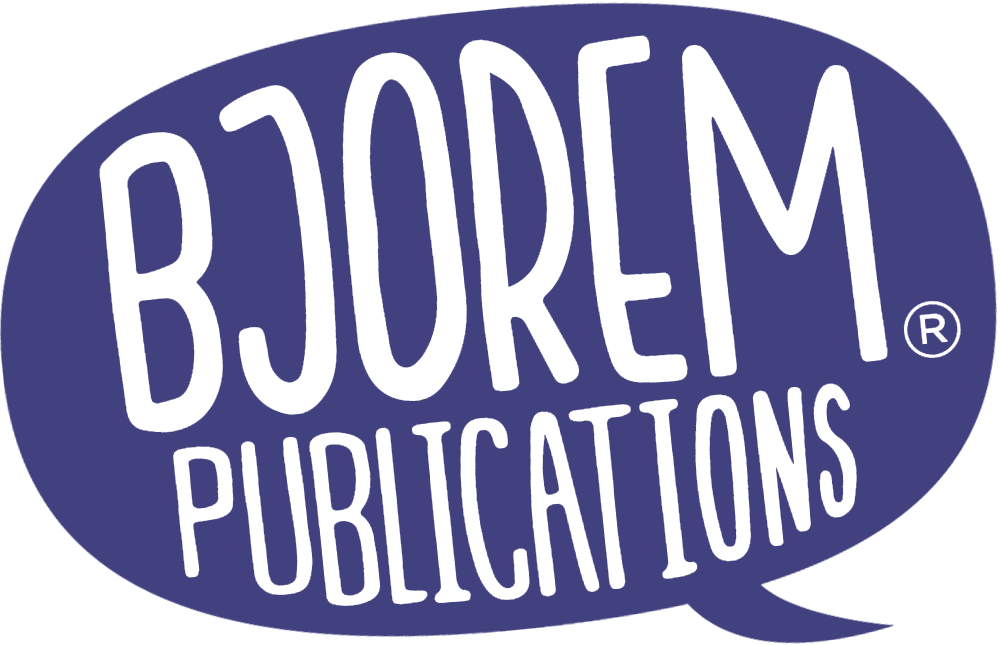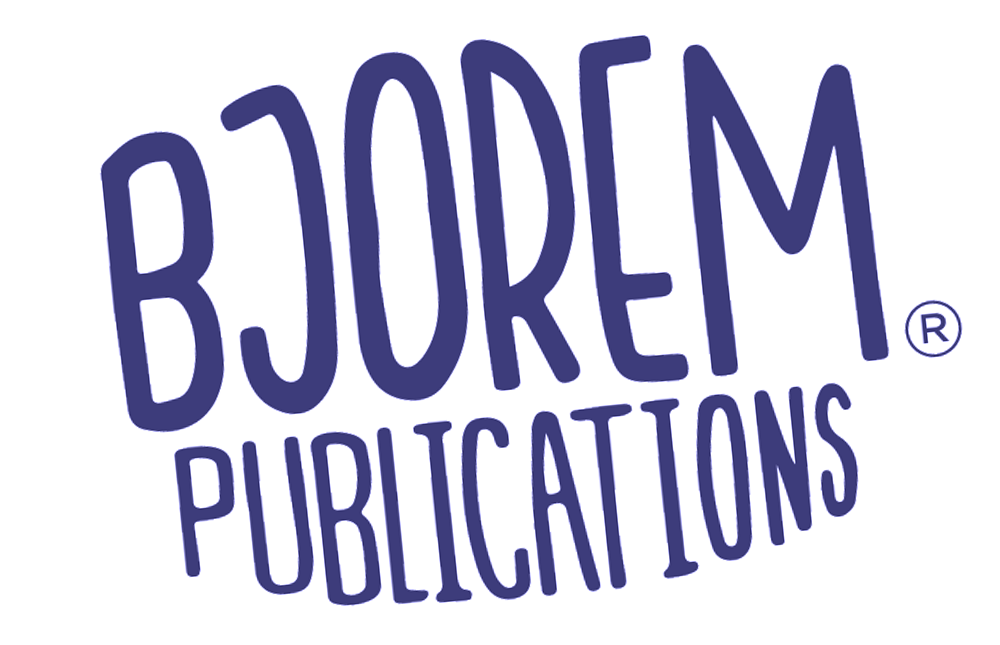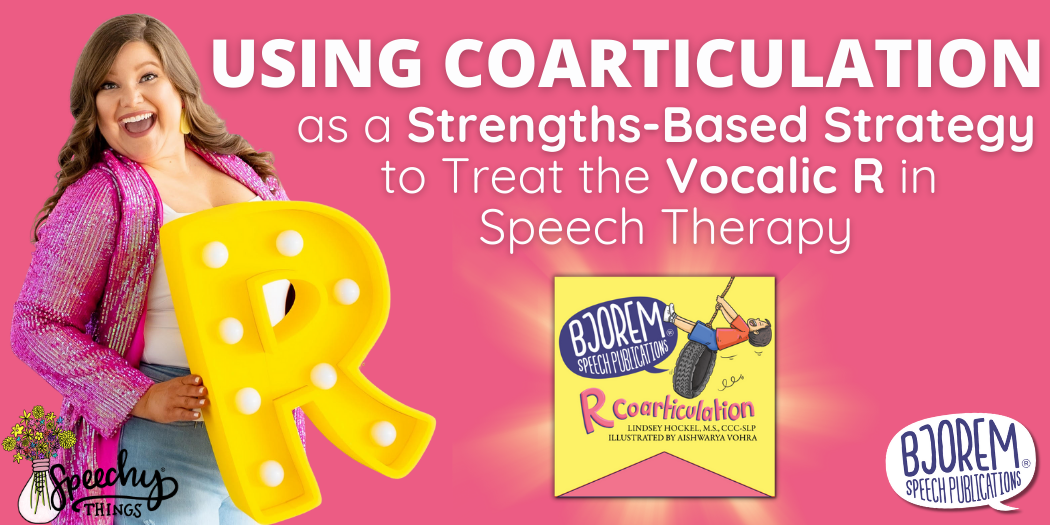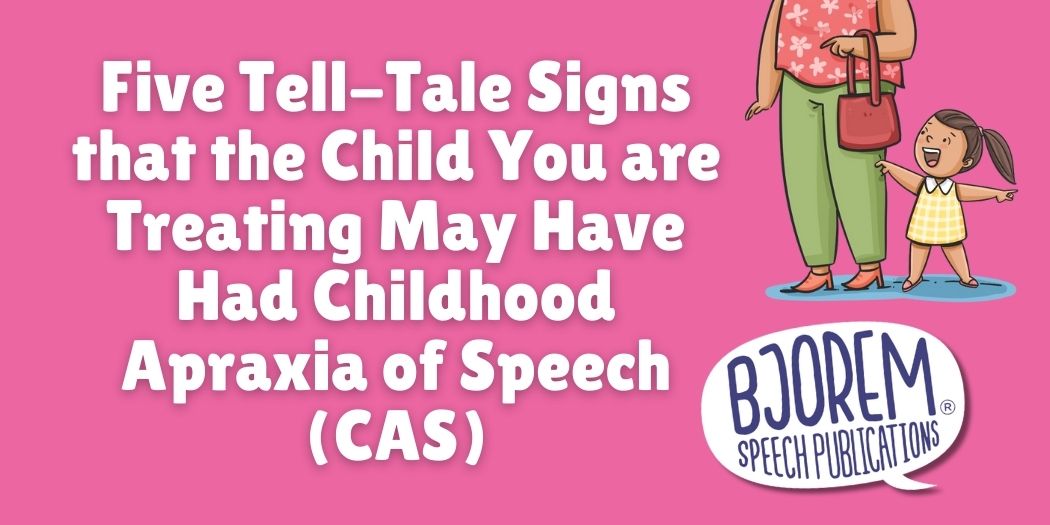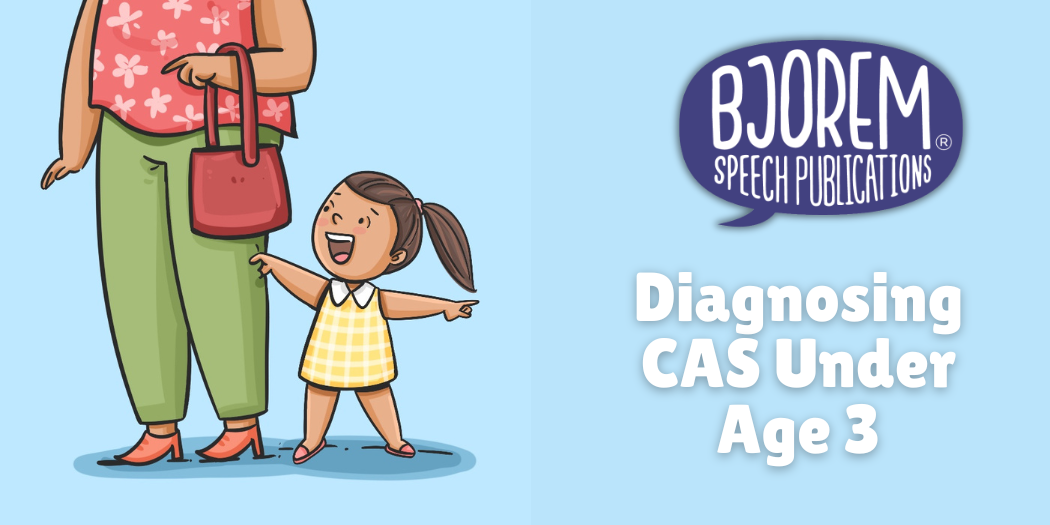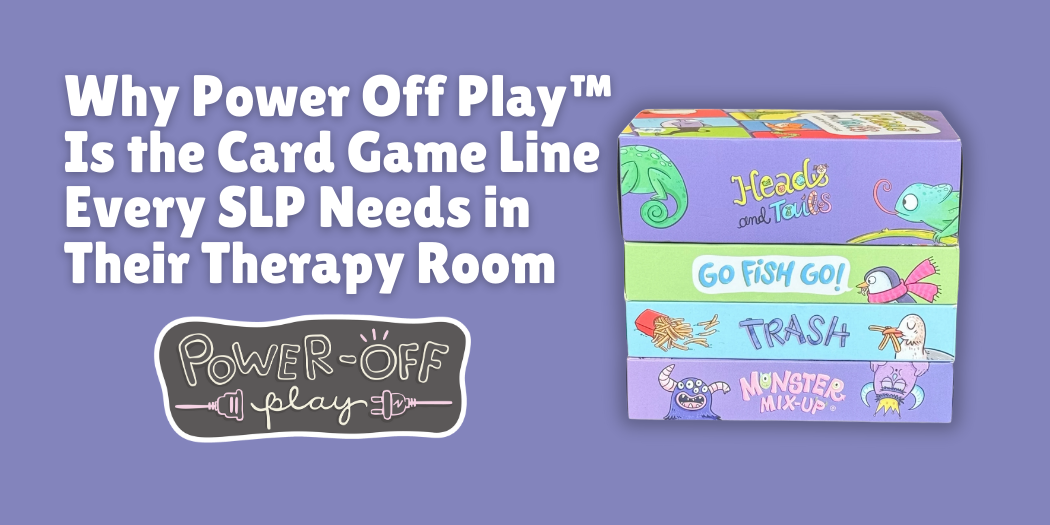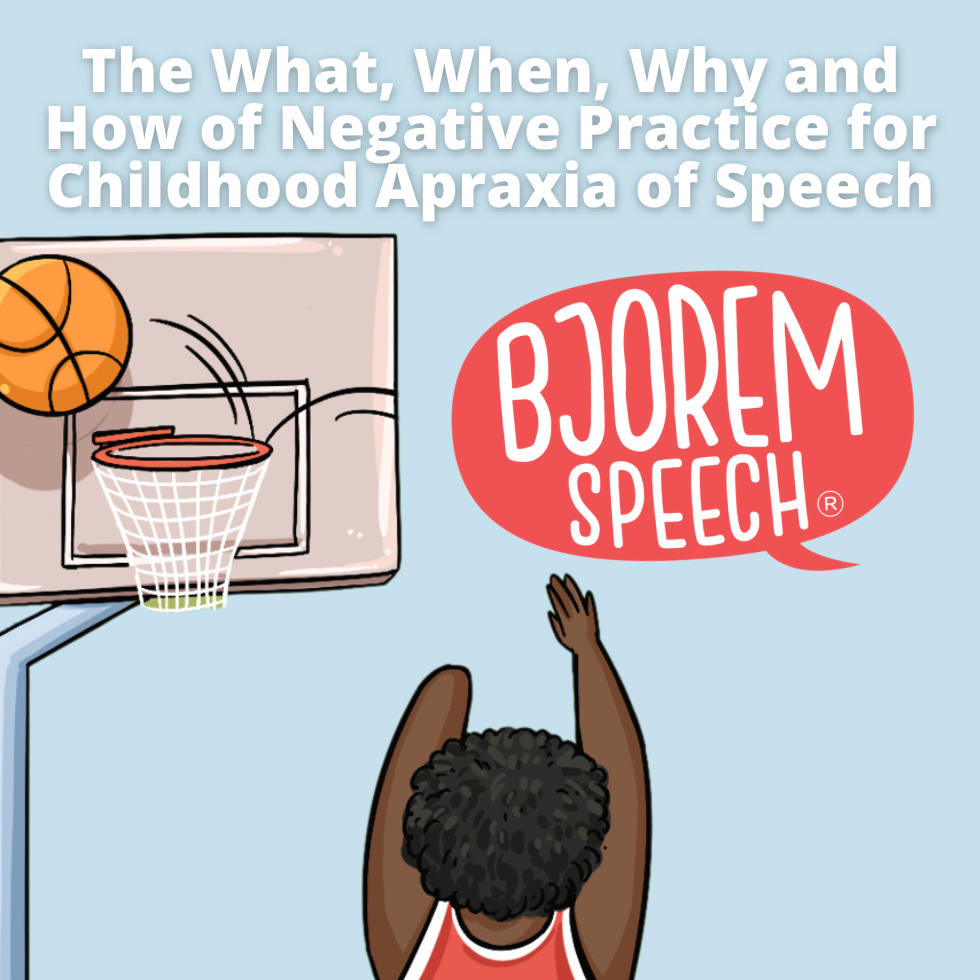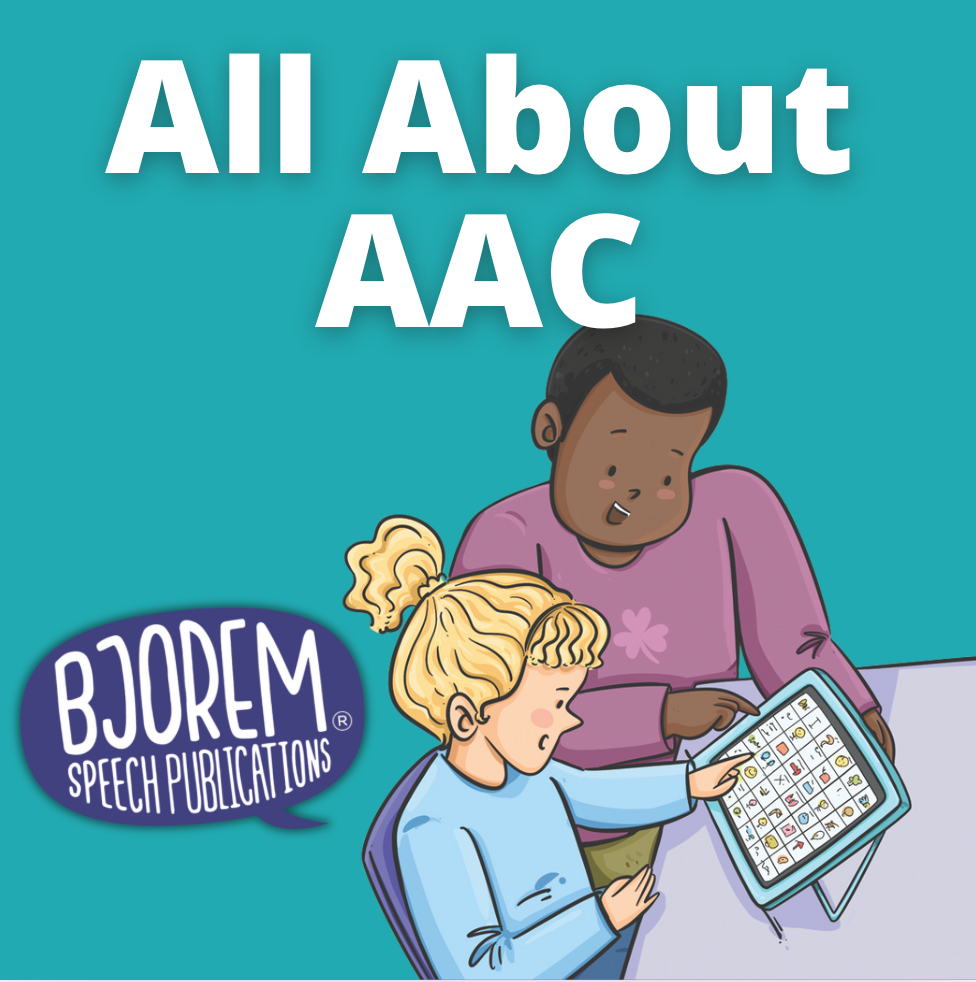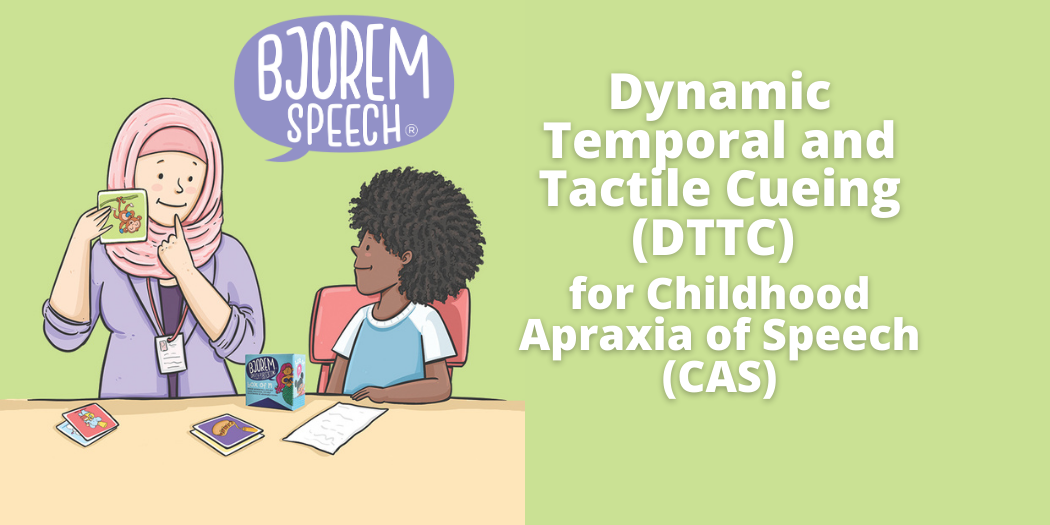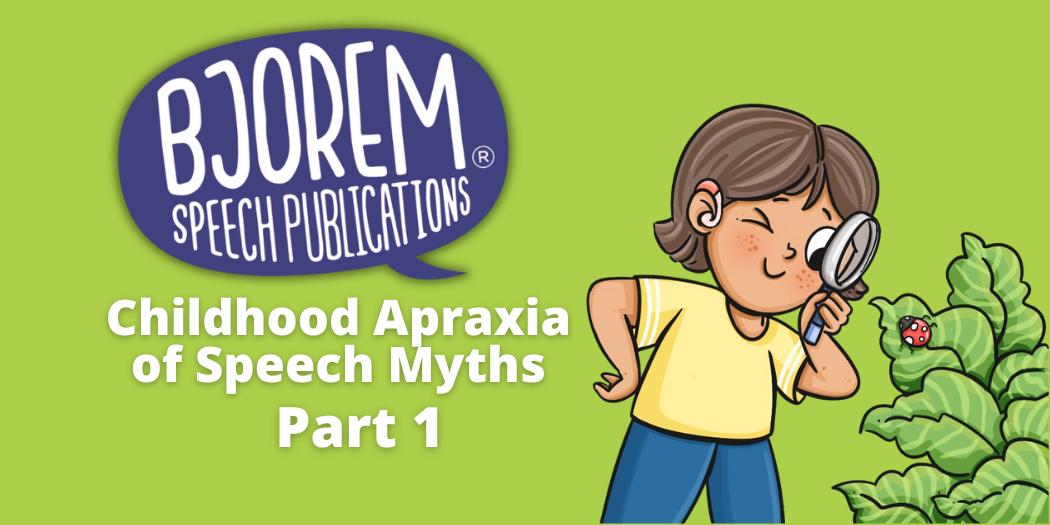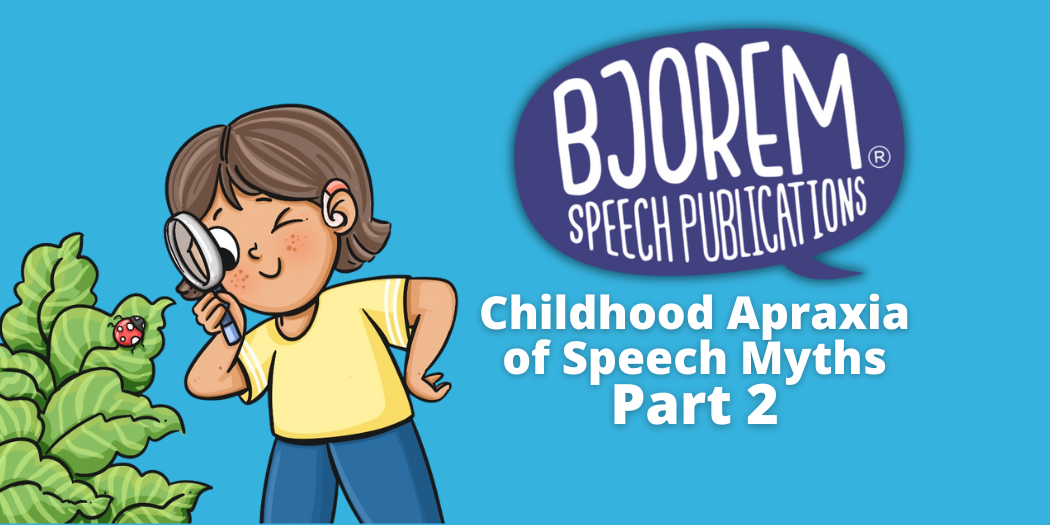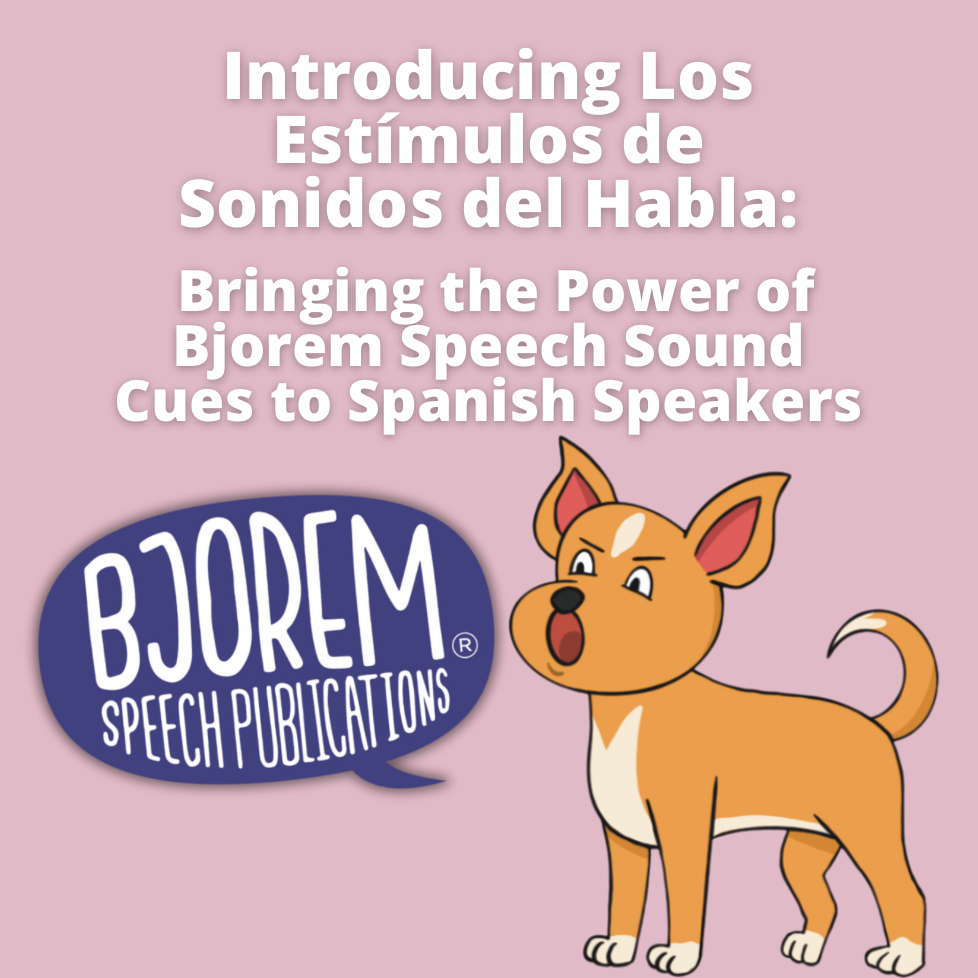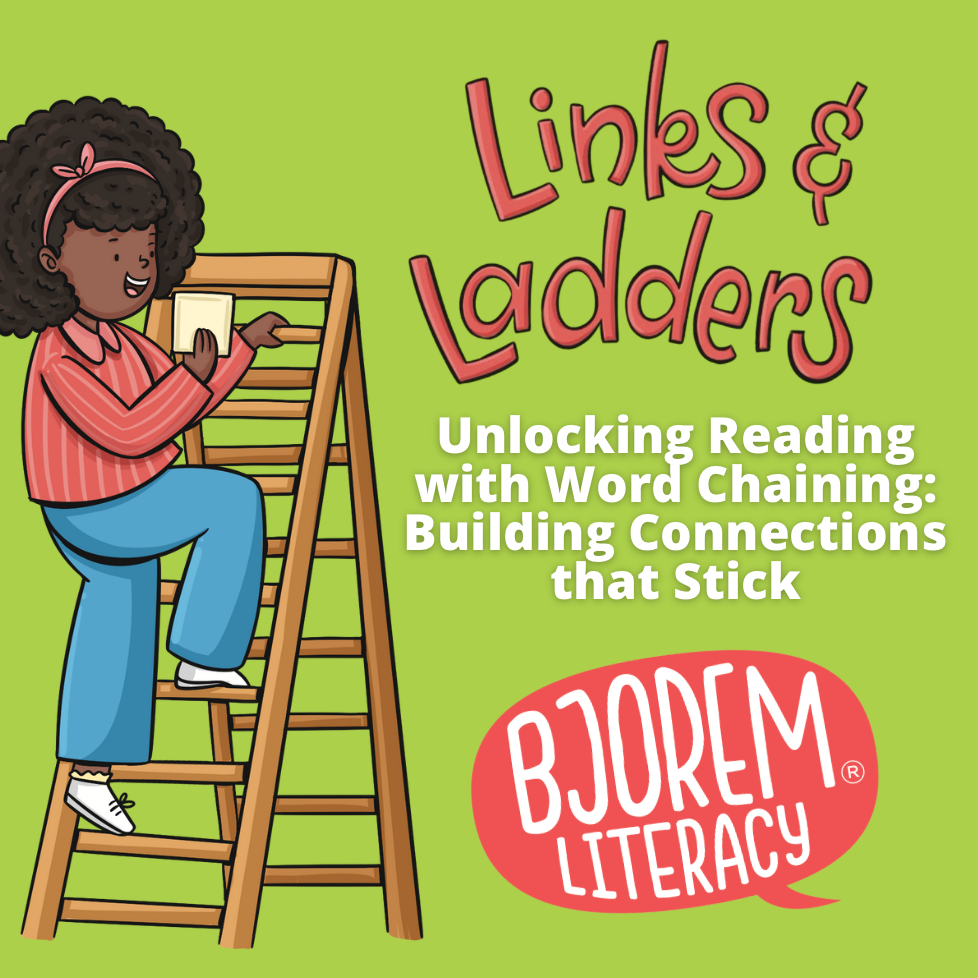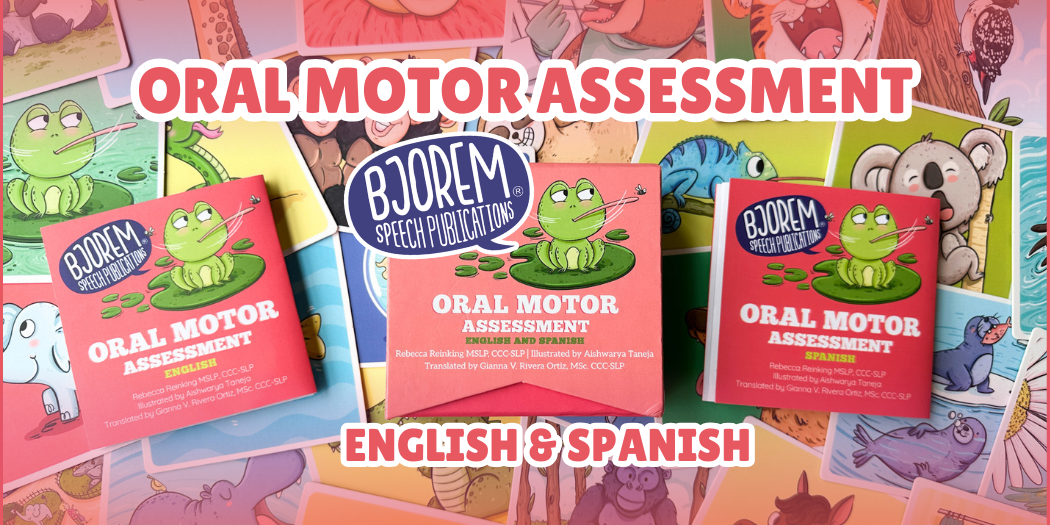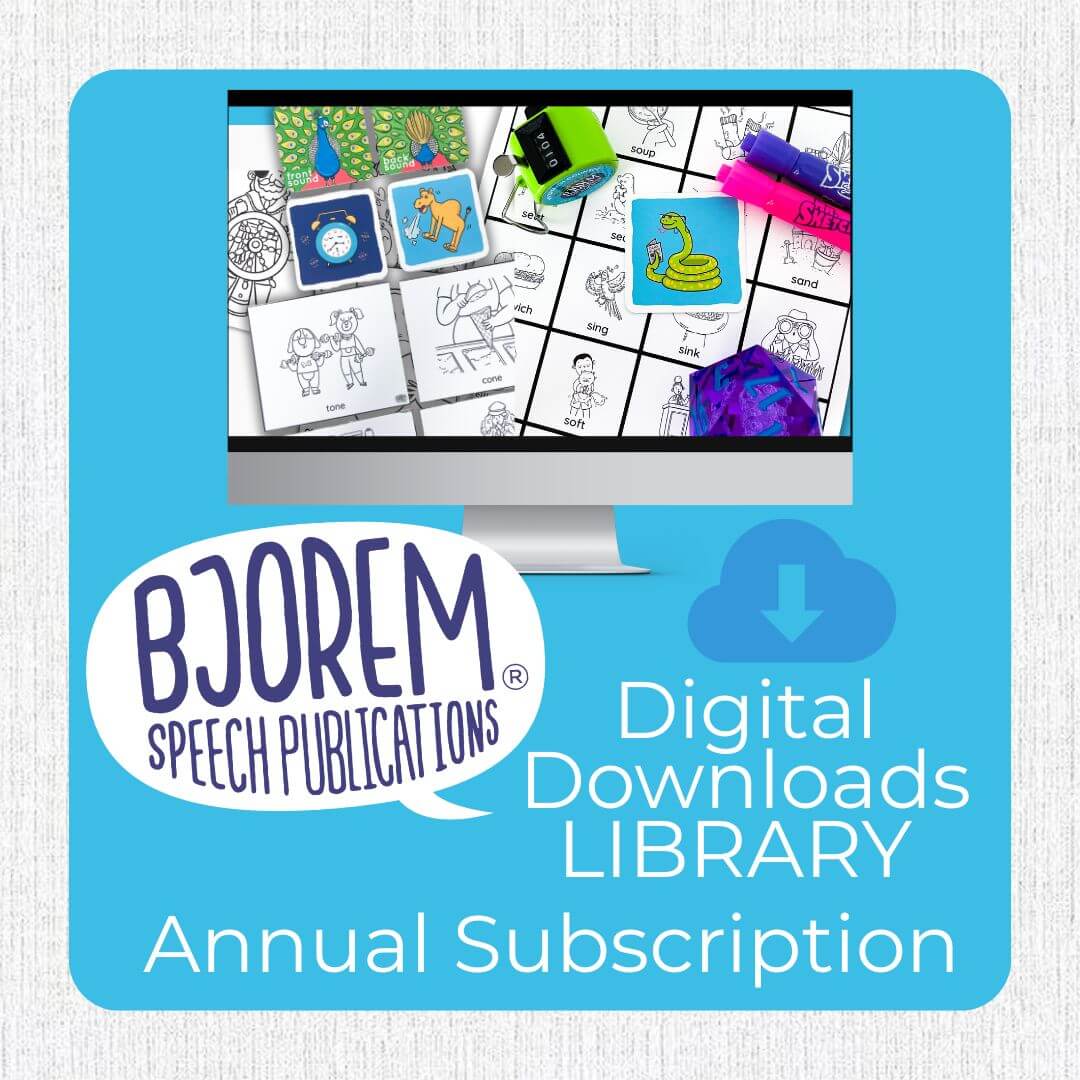Do you have students who struggle with the vocalic R?
(That was rhetorical. Of course, you do! We all do.)
Have no fear! Today, we're diving into coarticulation; a flexible strategy we can use to conquer one of the trickiest sounds in speech therapy – the vocalic R. We're taking a fresh approach, blending creativity with evidence-based techniques to make that much-needed progress in even our trickiest R sessions. I'm going to quote an email I received from an SLP recently who used this strategy:
"It feels like magic."
Excited? Me too.
Understanding Coarticulation
Before we dive into the fun stuff, let's get acquainted with coarticulation. Simply put, it's the blending of sounds as we speak, where the articulation of one phoneme is influenced by its neighboring phonemes. Coarticulation allows for a smooth, fluid speech production by streamlining the movements between sounds.
Using Coarticulation as a Strengths-Based Strategy
Now, let's put theory into practice! You know better than anyone that every student has different strengths. Some are fantastic at producing vocalic R if (and that's a BIG "if") it's followed by a vowel. Some cannot produce a vocalic R if their life depended on it. Some can only produce initial R words.
But what if I told you that's okay? All we need is one. One strength- either final R, or initial R, or vocalic R followed by a vowel... and we can get the others by using coarticulation.
Here's how:
Imagine your student effortlessly pronouncing words like "ear." Well, why not leverage that strength to tackle more challenging 'R' contexts? For instance, by adding "ring" after "ear," we create a new challenge – "earring." Once they've nailed it, we bid farewell to "ear," leaving them with a confident rendition of "ring."

If initial 'R' words (e.g. "read) are their forte, we can absolutely work with that. Picture them effortlessly saying "read." Now, with a bit of speech therapy coarticulation magic, we introduce "her" before "read," transforming it into "hurried." Once mastered, we wave goodbye to "read," leaving behind a confident "her."

And let's not forget our champions of medial vocalic 'R' words like "borrow." All we need to do is omit the first syllable "bar" and we're left with an initial R word "row." Likewise, we can omit the second syllable "row" and focus on our final vocalic R word "bar."

Coarticulation seriously helps us "Rock the R!"
It not only makes speech sessions enjoyable but also taps into our students' strengths, boosting their confidence and motivation. It's like unlocking a secret code to speech success, where every mastered context unlocks a new level of proficiency. To quote a recent email I received from an SLP who purchased the Bjorem R Coarticulation cards:
"my students are doing fabulous with your Bjorem R Coarticulation cards. It feels like MAGIC! In the past I've always felt frustrated that I could never get the clarity in many students producing vocalic 'r.' They were always so close, but that slight distortion was there."
Let's embrace the power of coarticulation and use it to generalize that R across contexts! If you're excited to try this strategy in your own therapy sessions, be sure to check out these ready-to-go visuals in the R Coarticulation deck! If you want more R therapy tips and resources, be sure to visit the freebie library on the SpeechyThings.com.

Written by Lindsey Hockel, MS, CCC-SLP
Founder & CEO of Rock the R®
References:
- Farquharson, K. (2022, May 31). Facilitative Contexts for Targets and Words.
Embracing Expertise Series. https://bethebrightest.com. - Flipsen Jr., P. (2022). Remediation of /r/ for Speech-Language Pathologists.
Plural Publishing Inc. - Fowler, C. A., & Saltzman, E. (1993). Coordination and Coarticulation in Speech Production. Language and Speech, 36(2-3), 171-195.
https://doi.org/10.1177/002383099303600304 - Preston, J.L., Benway, N.R., Leece, M.C., Hitchcock, E.R., & McAllister, T. (2020) Tutorial: Motor-based treatment strategies for /r/ distortions. Language Speech and Hearing Services in Schools. https://doi.org/10.1044/2020_
LSHSS-20-00012
